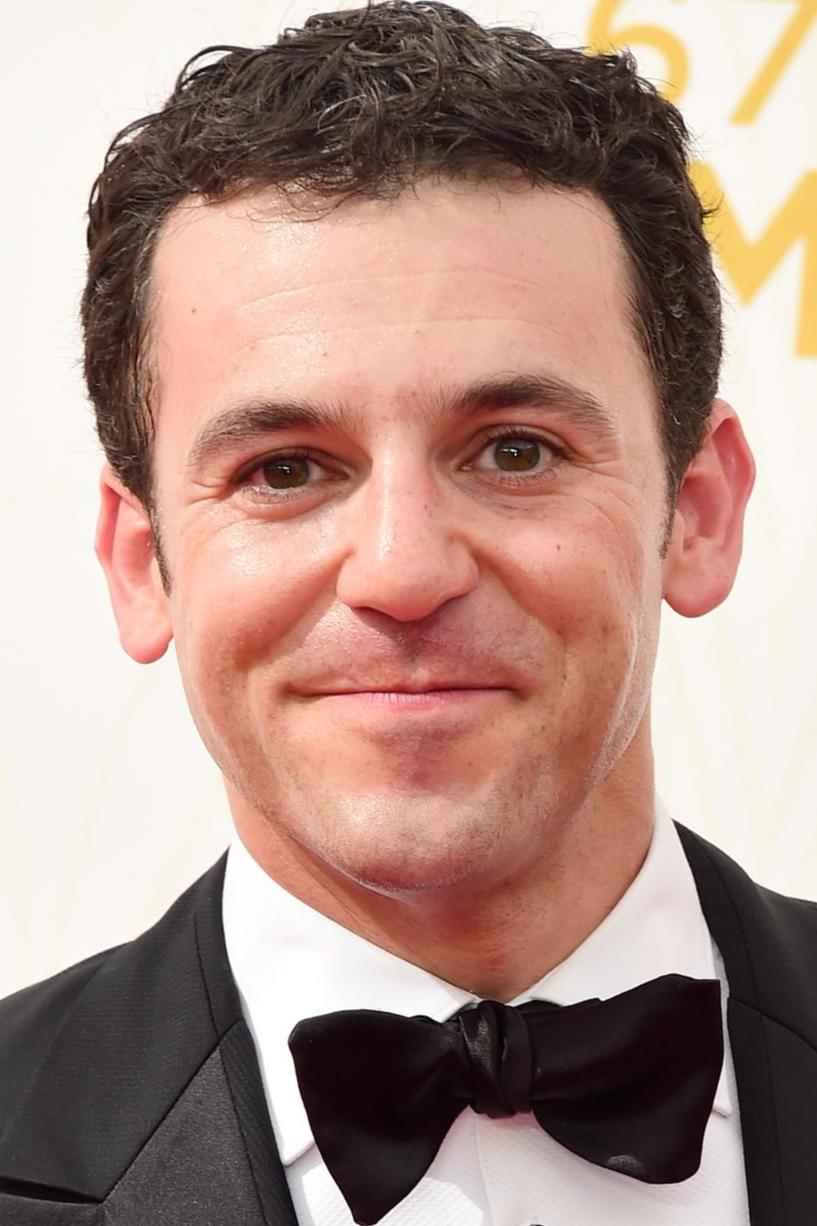Fred Savage, a name synonymous with classic television, has recently been at the center of controversy surrounding allegations of sexual harassment and misconduct on the set of the rebooted The Wonder Years. These claims have sparked widespread discussion about workplace behavior in Hollywood and beyond. In this article, we delve into the details of these allegations, examine Fred Savage's career trajectory, and explore the broader implications for the entertainment industry.
Allegations Against Fred Savage
In recent months, reports emerged that Fred Savage was fired from his role as an executive producer and director of the rebooted The Wonder Years following an investigation into allegations of inappropriate conduct. According to multiple sources, several women working on the show filed complaints with Disney HR, alleging that Savage engaged in behavior that made them feel uncomfortable or unsafe. One individual reportedly described how his eyes would go dead, suggesting a lack of empathy or engagement during interactions.
While specific details remain confidential due to ongoing legal proceedings, these accusations highlight the importance of fostering respectful and inclusive environments on film and television sets. As industries continue to grapple with issues of power dynamics and accountability, high-profile cases like this one serve as reminders of the need for systemic change.
A Look Back at Fred Savage's Career
Born on July 9, 1976, Fred Savage began his acting career at just nine years old, starring in the beloved series The Wonder Years. His portrayal of Kevin Arnold captivated audiences worldwide, earning him critical acclaim and cementing his place in pop culture history. Over the years, Savage transitioned seamlessly from child actor to accomplished director and producer, contributing to critically acclaimed shows such as It's Always Sunny in Philadelphia and Party Down.
The world watched as Savage grew up on screen, becoming not only a household name but also a symbol of resilience and adaptability within the entertainment industry. Beyond acting, he founded Timepiece Grading Specialists, a business dedicated to assessing watches' conditions for authentication and valuation purposes—a testament to his diverse interests and entrepreneurial spirit.
Impact on the Industry
This situation raises important questions about how studios address complaints of misconduct and ensure safe workplaces for all employees. While some argue that Savage's firing sends a strong message about zero tolerance for inappropriate behavior, others question whether due process was adequately followed before taking such drastic action. Regardless of one's perspective, it is clear that conversations around consent, boundaries, and professionalism must persist if meaningful progress is to be achieved.
Moreover, incidents involving prominent figures often prompt reflection among peers and colleagues. For instance, Danielle Fishel, known for her role in Boy Meets World, previously spoke candidly about a painful episode directed by Savage, sharing insights that resonate with many fans who recall similar experiences watching the show. Such openness fosters greater understanding and encourages dialogue about what constitutes acceptable behavior both on-screen and off.
Conclusion
As investigations unfold and more information comes to light, it remains crucial to approach this matter with sensitivity and fairness. Fred Savage's journey—from breakout star to influential creator—underscores the complexities inherent in navigating personal and professional relationships within the entertainment landscape. Moving forward, let us strive toward creating spaces where creativity can flourish without compromising dignity or respect.
In conclusion, while the circumstances surrounding Fred Savage's departure from The Wonder Years are troubling, they offer an opportunity for growth and learning across the board. By prioritizing transparency, empathy, and collaboration, we can work together to build a brighter future for everyone involved in shaping our shared cultural narratives.

